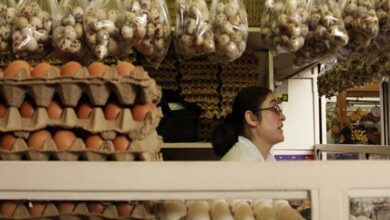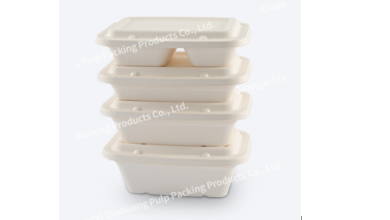Tech Due Diligence: Food Delivery Platform Success

In today’s fast-paced digital landscape, the food delivery industry has witnessed tremendous growth and innovation. As consumers increasingly rely on convenient online services, food delivery platforms have become a vital part of our daily lives. However, behind the scenes, these platforms rely heavily on robust technological infrastructure to deliver seamless experiences to customers. This is where tech due diligence plays a pivotal role.
Tech due diligence involves a comprehensive assessment of the technological aspects of a business, ensuring that the underlying systems, processes, and software are reliable, scalable, and secure. For a food delivery platform, conducting thorough tech due diligence is crucial to maintaining a competitive edge and meeting customer expectations in a rapidly evolving market.
Infrastructure Evaluation:
Tech due diligence begins with a careful examination of the platform’s underlying infrastructure. This includes assessing the servers, databases, network architecture, and cloud services. Scalability, redundancy, and disaster recovery mechanisms are key factors to consider. The goal is to ensure that the platform can handle peak loads, withstand potential failures, and provide uninterrupted service to customers.
Software Stack Analysis:
A food delivery platform relies on a complex software stack to facilitate order management, payment processing, and logistics coordination. A detailed analysis of the software stack is essential to identify any outdated technologies, potential security vulnerabilities, or performance bottlenecks. Evaluating the platform’s compatibility with modern technologies and frameworks is vital to ensure future scalability and maintainability.
Data Security and Privacy:
Protecting user data is paramount in the digital age. Tech due diligence examines the platform’s data security measures, including encryption protocols, access controls, and vulnerability management processes. Compliance with privacy regulations, such as the General Data Protection Regulation (GDPR) or the California Consumer Privacy Act (CCPA), must also be evaluated to avoid legal complications and maintain user trust.
Mobile Applications and User Experience:
Mobile apps play a vital role in the success of a food delivery platform. During tech due diligence, the quality and performance of the mobile applications should be thoroughly assessed. Factors such as responsiveness, usability, and compatibility across different devices and operating systems contribute to a seamless user experience. Additionally, evaluating user feedback and ratings can provide insights into areas for improvement.
Integration Capabilities:
Integration with various third-party systems, such as payment gateways, restaurant management software, and delivery tracking services, is essential for a food delivery platform. Tech due diligence evaluates the platform’s integration capabilities, ensuring that APIs are robust, well-documented, and scalable. Compatibility with existing and future integrations is crucial to facilitate efficient operations and partnerships.
Technical Talent and Team Evaluation:
A food delivery platform’s success heavily relies on the technical expertise of its team. Tech due diligence assesses the qualifications, experience, and depth of knowledge of the development team. It examines the effectiveness of their development processes, project management methodologies, and quality assurance practices. A strong technical team is vital for driving innovation, resolving technical challenges, and maintaining the platform’s competitive edge.
Performance Monitoring and Analytics:
Continuously monitoring the performance of a food delivery platform is vital to identify bottlenecks, optimize processes, and ensure smooth operations. Tech due diligence assesses the platform’s analytics capabilities, including real-time monitoring, error tracking, and performance metrics. Effective analytics enable data-driven decision-making, helping the platform stay ahead of the competition.
Intellectual Property Assessment:
In the highly competitive food delivery industry, protecting intellectual property (IP) is essential. Tech due diligence evaluates the platform’s IP portfolio, including patents, trademarks, copyrights, and trade secrets. Identifying any potential infringements or legal risks is crucial to safeguard the platform’s unique features and innovations.
Scalability and Growth Potential:
A successful food delivery platform should be built with scalability in mind. Tech due diligence examines the platform’s scalability potential, evaluating its ability to handle increasing user demand, expanding geographic coverage, and accommodating new features. Scalability ensures that the platform can grow with the business and adapt to evolving market trends.
Cybersecurity Assessment:
The digital nature of food delivery platforms makes them vulnerable to cyber threats. Tech due diligence includes a comprehensive cybersecurity assessment, identifying potential vulnerabilities and risks. Penetration testing, vulnerability scanning, and security audits are essential components of this evaluation. By proactively addressing security concerns, the platform can protect user data and minimize the risk of data breaches.
In conclusion, conducting tech due diligence of a food delivery platform is vital to ensure its success in the digital era. From assessing infrastructure and software stack to evaluating data security, user experience, and scalability, a comprehensive evaluation of the technical aspects is essential. By addressing any potential weaknesses and leveraging strengths, a food delivery platform can position itself as a trusted and reliable service provider, meeting customer expectations in the competitive market.



